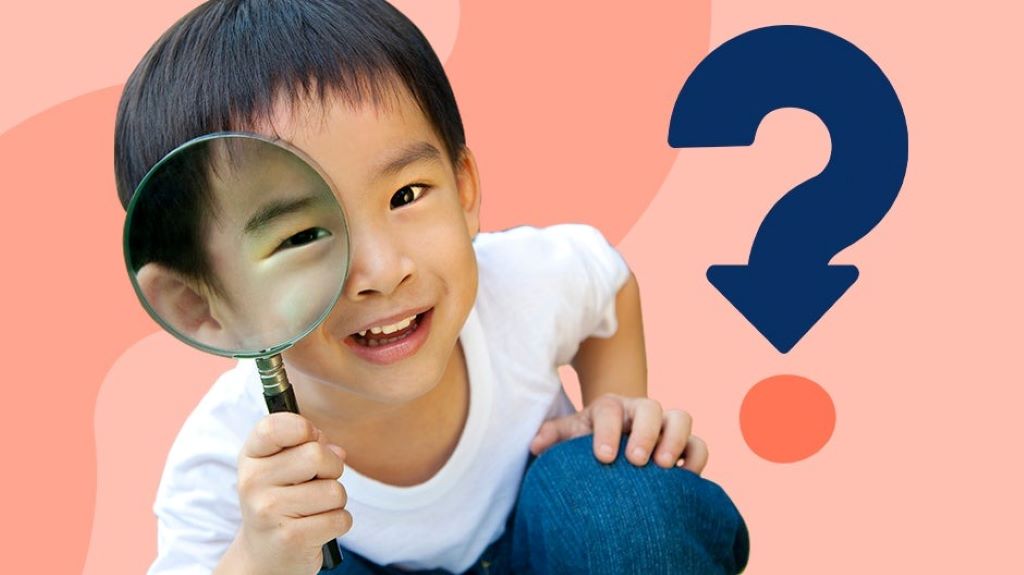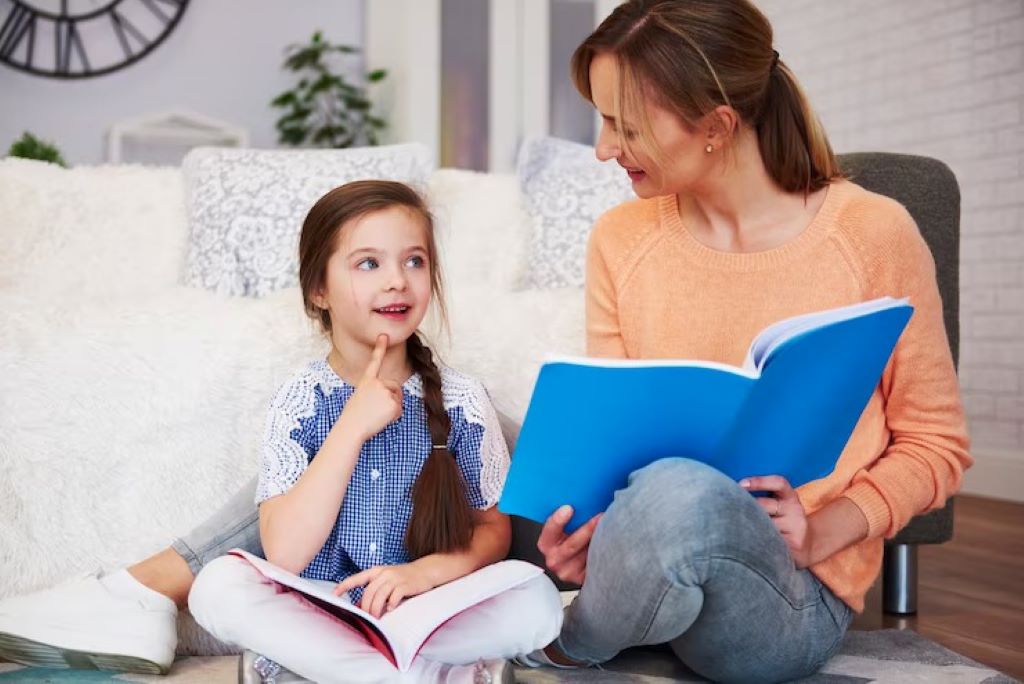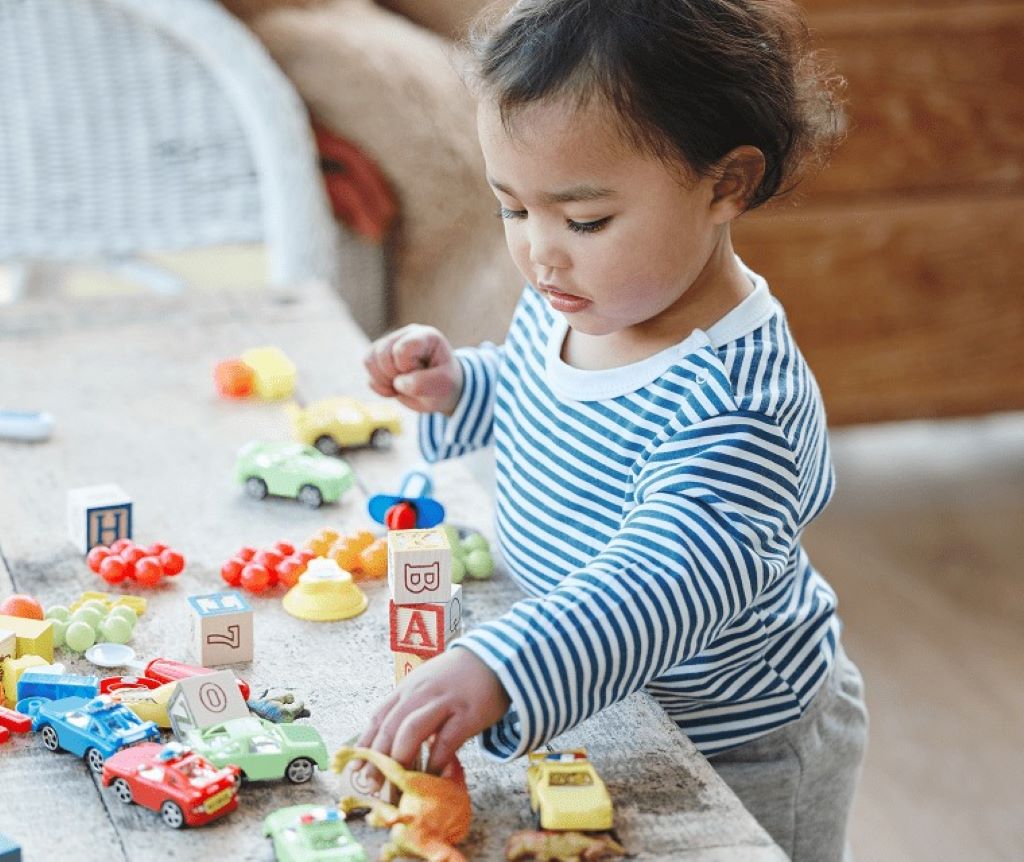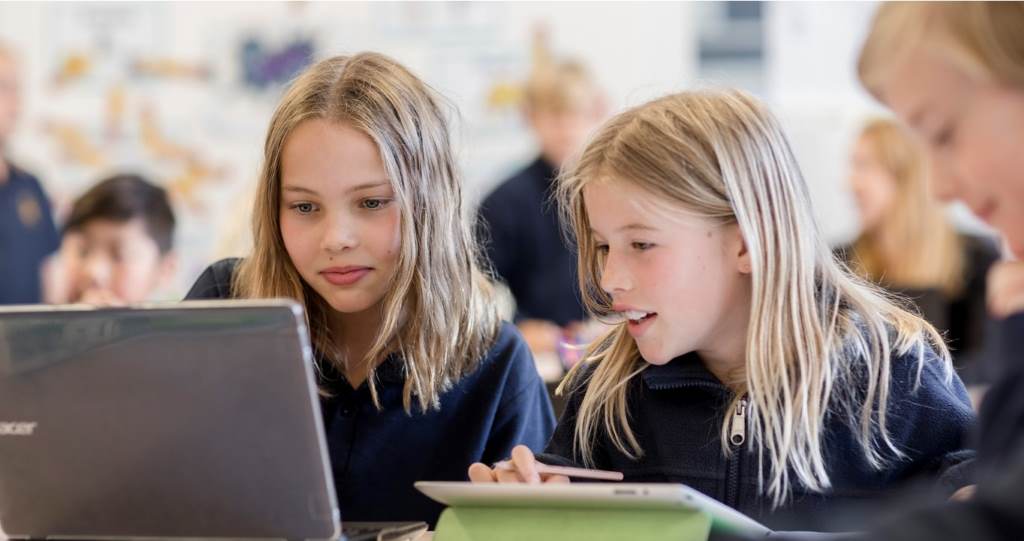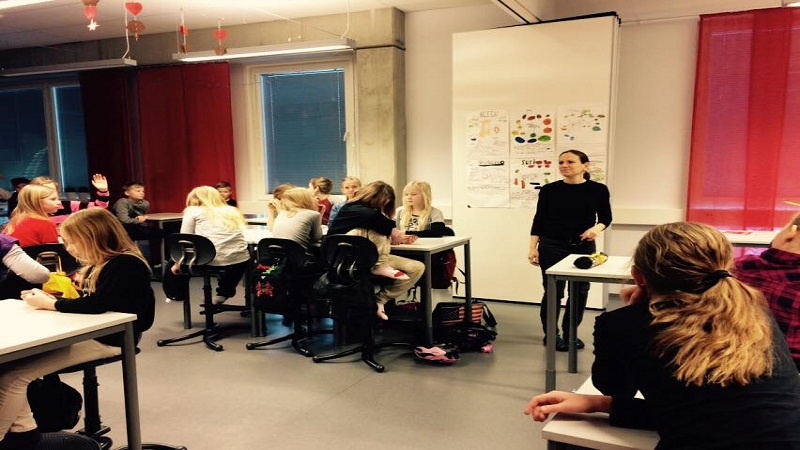The family environment is the most important environment for the development. And training of children. For this reason, social education can play a very important role as a point of support for those families in problematic situations.
The family plays a leading role in the development of children. And it is in this context where the basic learning necessary to develop socially will take place. The weight of the family in the formation of the individual has meant that social education has always put interest in this institution. In this sense, what role does social education play in the family?
What is meant by social education?

Nowadays, when talking about education, reference is made to something much bigger. And more complex than what is reduced in the education of the schools and institutes.
The education experts Elisa Larrinaga and Santiago Huber, point out that they educate us everything we learn, regardless of the form or where the learning takes place. That is, we educate ourselves almost everywhere, in very different ways and throughout life.
Social education, like the rest of pedagogical sciences, makes a classification in terms of how education is expressed or expressed. Thus finding three types of education: formal, non-formal and informal.
Formal and non-formal education has in common a strictly educational objective, with institutionality being the differentiating element between both. However, informal education does not aim to achieve an educational result.
Regarding this, one can easily understand the role played by social education. Larranaga and Yubero express that the education of an individual is shaped through a set of formal. Non-formal and informal experiences that occur throughout the life of the subject.
The state association of social education and the general council of schools of educators and social educators elaborated a definition of social education. This definition was based on the concept of education as a right of citizenship and a profession of a pedagogical nature.
For them, social education makes it possible, on the one hand, to incorporate the subject of education into the diversity of social networks. Understood as the development of sociability and social circulation. On the other hand, it makes cultural promotion possible. And social to broaden the educational, work, leisure and social participation perspectives.
Social education in the family
Informal education has begun to appreciate and value properly until a few decades ago, despite the importance it acquires for the individual, especially children. And adolescents, who are in full development.
Experts in social sciences have always positioned the family as the main socializing agent of the individual. Social education is no less, and appreciates the family environment as the environment in which the most important learning for children originates.
Family and conflict
Larrinaga and Huber point out that, in the family, the individual is going to witness situations of crisis and change. And that a family environment that is not very close or cozy causes emotional disturbances in the child. Which will be accentuated when he experiences conflict situations.
As a result of this, social education in the family environment emerges as a point of support for those more problematic families at risk of social exclusion.
Action proposal for social education in the family
Family education supports a proposal aimed especially at parents. As we know, children assume as role models their parents. So it is essential to provide parents with the skills and resources needed to show their children an ideal role model to follow.
The Control of one’s behavior, self – reliance, development of prosaically behaviors and skills, respect for the values and norms, etc. Some examples of the tasks that social education previously works on parents. And improvements in health, education and coexistence will be appreciated.
Social Education with minors and families
- Troubled teen girl on therapy session with her family and psychiatrist
- At present, Social Education is reaching an extraordinary validity, unthinkable a few years ago.
- The most generalized theories consider that Social Education:
- You must always look for social change.
- Socialize and allow social adaptation.
- Try to make protagonists of their change to the recipients themselves.
The key family in the development of the child
The family is a social unit and also the first and most important educational institution where the child develops.
The family is the main agent that provides the necessary environment for the physical, psychic. And social development of each of its members. Hence the need to emphasize the existence of a permanent interaction of all its components. Numerous studies point to the family as the main development space for children. Not only during the first years of life. But throughout adolescence and youth.
Knowing the family context of the child in general and in particular of the child of exceptional development is of vital importance. Because most of the time we cannot address a child problem successfully without the participation of the family.
Thus, you can work with families from different perspectives depending on the issue or problem to be addressed, for example by:
- Family therapy
- Promotion and prevention in the family
- Many of our Masters and Double Master’s degrees have an impact on this important area. Because as we have been saying.


